Take The Plunge
Creating a water garden department is not hard and offers the opportunity for another significant profit center in the store and substantial cross selling from other departments. The water garden season extends from very early to very late: When summer sales of annuals and perennials fall off, the water garden season will still be going strong.
You have the advantage over big box stores. Many of them will not carry water plants and livestock. When they do carry water plants, they only have a few varieties, and they will be in small pot sizes. Most of the big boxes feature only starter pond and fountain product lines. They rarely carry high quality liners or have a variety of pumps or pond products.
When one of your customers buys a starter pond from the big box store, he or she will go to you for education on green water problems and other fish and plant questions. Then they will buy the pond upgrades and landscape accessories from you. Your store will have loyal customers and not the big boxes, because the big boxes sold them a problem, and you fixed it.
Create Demo Ponds
The demo pond is one of the most important things you can do to increase sales and educate staff. It is your classroom for customers and employees. It is much better to say to a customer, “This is what we do here,” rather than, “This is what I once read in a book.” After a full year of having a pond, your staff will be much more experienced.
Make it realistic. People understand what annuals and perennials look like, but a nice garden center display will still help sell more plants. Water gardens are less common, so display ponds are even more important. Make at least one of the demo ponds look like a realistic water garden for someone’s yard. Incredible-looking and complicated water gardens may be inspirational, but they may not help your sales.
Do not set up your demo pond with plants and fish that are for sale. Netting fish and pulling plants out are very disruptive to the display and can make it look bad to the point where people would not want it in their yards.
Make a focal point. Make the pond a garden center focal point, and the waterfall and fish will sell themselves and anything displayed nearby. Create a display area that is constantly changing. Include outdoor furniture, statuary, garden art, bird-feeding products, ornamental grasses and perennials.
Create a park experience. Create a park-like atmosphere using benches and tables, so people can sit and enjoy the pond. Research has shown people enjoy the shopping experience more when they see and hear running water. Why do you think there are so many fountains in malls? Kids will think of your garden center as a park and will come shopping with their moms so they can feed the fish. It is important to bring kids to your garden center to “cultivate” good memories in them and “grow” your future business.
Display together. The outdoor water garden display and the indoor stocked merchandise should be near each other. The sound of water attracts the customer to the display ponds. Once there, all of the products should be close by for easy selling.
Most aspects of displaying water garden products are essentially the same as any other garden center display. You will want to use color and good signage. Put heavy merchandise on the bottom shelf and higher-profit items at eye level.
Signage and banners that tell customers where the water garden department is located and explain prices, installation techniques, maintenance and store policies will help. Do you have signs that explain how much you charge to install a tree? Then why not add a sign listing pond-installation prices?
Add-on sales. There are other sales opportunities involved with water gardening: For some people the pond and its inhabitants will become a central part of their lives. Other accessories like T-shirts, flags, furniture, suncatchers, soap dispensers, candles, figurines, yard ornaments and jewelry all can display waterlilies, goldfish, frogs, koi, dragonflies and other pond motifs, and they will increase the garden center’s gift shop sales.
Safety first. Obviously, water is attractive to people, but kids seem to like it the most. Demo ponds should be set up to keep people from falling in. Raised pond edges, railings and landscape plantings can all be used to limit access to the water. The pond should have shallow areas along the shore, so even though you might get wet, you will not go in over your head. Vertical sidewalls in the pond can be covered with boulders and cobbles to provide hand and toe holds to someone who needs to climb out.
Selling Themselves
Water gardens are like summer-time fireplaces. People with well-designed and maintained ponds will tell anyone who asks how much they enjoy them.
In a person’s backyard, ponds are not stand-alone items. A patio, gazebo or deck is necessary for viewing, and other landscaping is necessary to make the pond fit in to the view of the yard. All of these necessities give you the opportunity for many add-on sales directly related to the pond.
Use the following tips to help make your pond displays even more successful:
- Put in the best demonstration ponds possible.
- Train as many employees as possible.
- Use seminars to train customers and reduce the amount of one-on-one time needed to make the sale.
- Commit to first-class fish care and filtration.
- Keep the plants in tiptop shape.
- Display hard goods with lots of signs and informational brochures.
Join the legions of retailers riding the growing wave of enthusiasm and curiosity about water gardening. Rest assured that although the trend towards more water gardens has been running for several years now, it is not expected to slow down for another 10-20 years. Do not wait too long, though: It takes time and effort to learn any new landscape specialty. Your ability to cater to water garden buyers could boost your sales revenues substantially and keep you ahead of (or at least in line with) your competitors.

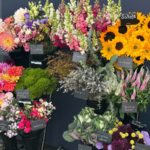
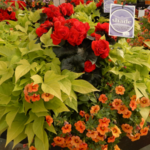
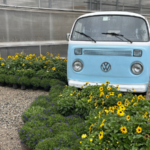
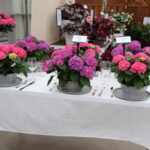

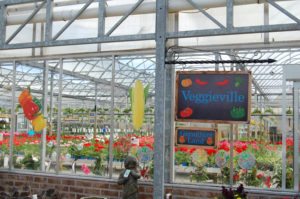
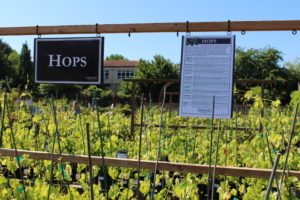
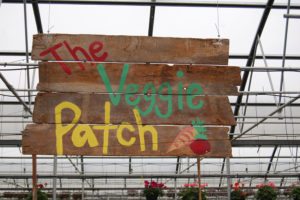
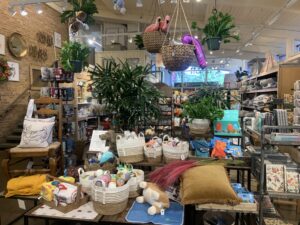

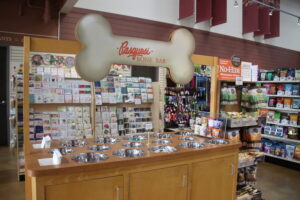

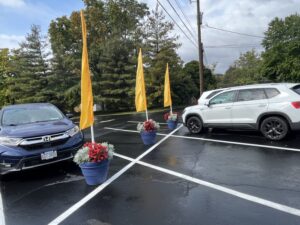
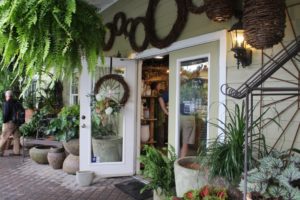
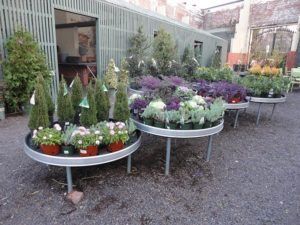
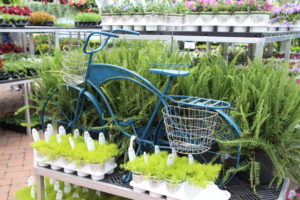
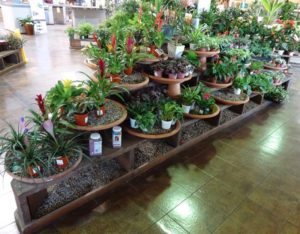
 Videos
Videos





